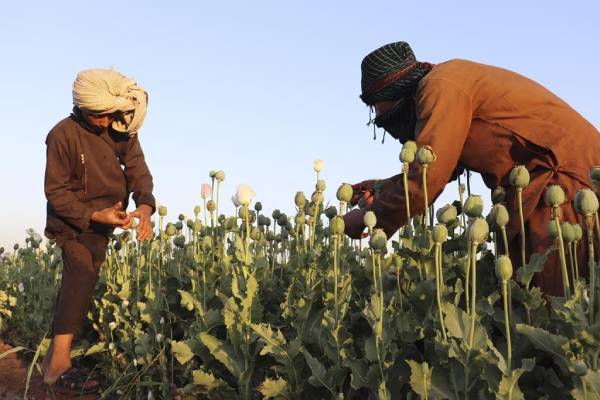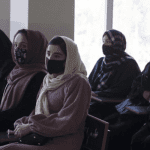Afghanistan’s ruling Taliban has placed a ban on poppy farming even as farmers across the country began harvesting the flower that provides the opium used to create heroin.
Farmers are warned that if they continue with the harvest, their crops would be burned and they will face jail time.
The restriction is reminiscent of the Taliban’s prior regime in the late 1990s, when poppy production was prohibited.
At the time, the ban was phased in over time, with the goal of having it adopted nationwide within two years. The UN confirmed that most of the country’s manufacturing had been destroyed.
However, following their removal in 2001, farmers in several sections of the country reportedly ploughed over their wheat fields — which had previously been nearly impossible to get to market due to a lack of roads and infrastructure — and resorted to poppy farming.
Poppies are the primary source of revenue for millions of small farmers and day laborers, who can make up to $300 (£229) each month cultivating and extracting opium.
Afghanistan is the world’s greatest opium grower today, producing more than 6,000 tons of opium in 2021, before the Taliban took control, which could yield 320 tons of pure heroin, according to a UN Office on Drugs and Crime study.
Afghanistan produces more opium than the rest of the world combined, and last year was the sixth consecutive year of record opium production.
The Taliban reportedly made millions of dollars charging taxes on farmers and middlemen to move their drugs outside Afghanistan and senior officials of the US-backed government were implicated in the flourishing drug trade.














